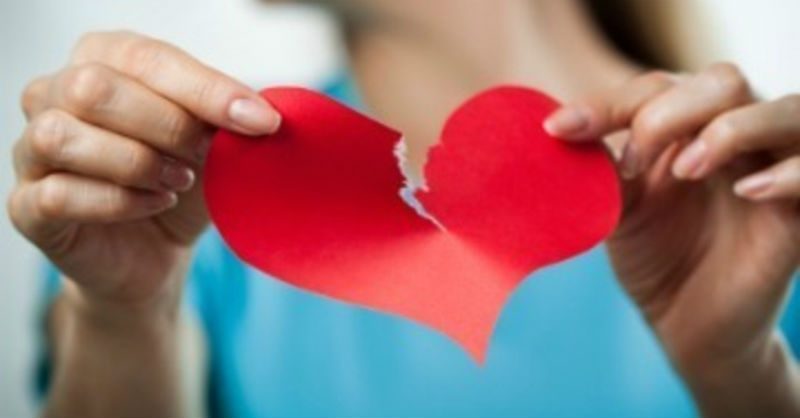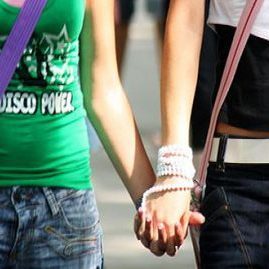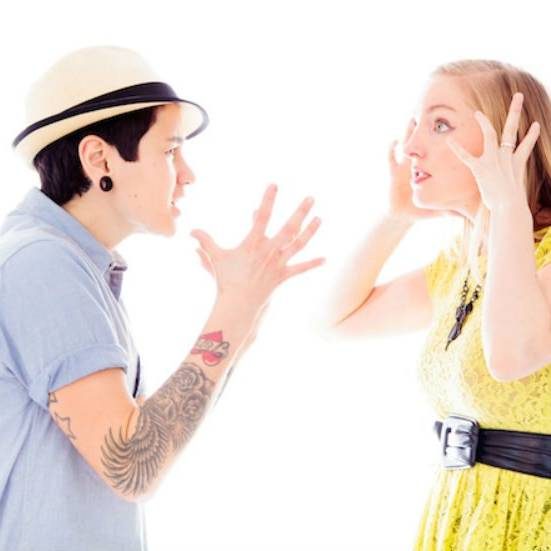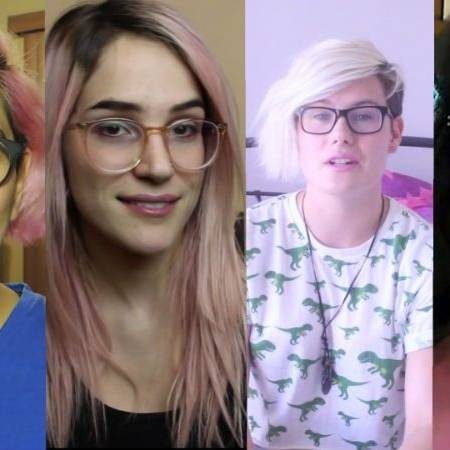 How can we notice red flags sooner in relationships?
How can we notice red flags sooner in relationships?
A few years ago, I found myself in my most toxic relationship ever. One afternoon, in one humiliating, frightening instant, my girlfriend punched me in the arm. In that moment, I committed to taking better care of myself and taking responsibility for my role in the patterns that led to the drama.
After I broke up with her, moved out, and moved on, I began to understand more about why and how I ignored the early red flags. Here are the four most important steps I took to notice red flags sooner.
-
I identified when the red flags appeared.
I knew that I needed to understand when red flags first appeared if I wanted to change the pattern. I realised that her aggression emerged the first month we dated when she put her meowing cat in the garage for the night because he wouldn’t be quiet.
But that wasn’t my issue – She also decided to smack him repeatedly as she carried him outside. Not really hard, but hard enough. Much like the punch, it wasn’t about the severity or injury – it was about the willingness to use violence against a living thing.
-
I identified the ways red flags got worse over time.
What began as her general tendency to dismiss my feelings escalated over time into contempt and disrespect. What began as mild aggression, like when she stormed off and didn’t speak to me for days, turned into punishing behaviours like refusing to let me park in the driveway. I decided that I need to be with someone who uses words to communicate.
-
I identified what caused me to ignore my gut.
I thought I’d ignored my gut because I was in love. After more reflection, though, I saw that I’d gotten stuck in self-judgment. What would another breakup say about my ability to navigate relationships? What would it mean to be single again at my age? Self-judgment, especially when we’re unaware of it, can lead to bad choices. I also opted for the illusion of a stable relationship over seeing things for what they really were. I realised that I’d made excuses for her behaviour and believed her words over her actions.
-
I identified the ways I’d allowed myself to become isolated.
I’m from the “don’t air your dirty laundry” camp. The problem is that when my loyalty caused me to silence the truth of my relationship from the people closest to me, I missed out on other perspectives and support. There are miscommunications even in good relationships, and sometimes we need the support of our friends and family to sort them out.
I also realised that ignoring my gut had become a pattern. Once I’d ignored the first red flag, it became easier to continue to ignore them, even as they escalated and became more frequent and severe. I was so used to second-guessing my intuition that even on the day of the punch, I questioned myself wondering if I was overreacting.
To change this pattern of ignoring red flags, I had to take responsibility and really understand what led to ignoring them in the first place. My very worst relationship became the best thing that ever happened to me because I realised I wasn’t the victim.
These days, I think of every moment in dating as information gathering. If I have a disagreement with a girlfriend and she becomes blaming, aggressive or shuts down, that is information about how she handles conflict.
Everyone has bad days; no one is perfect. But that’s why information gathering works—every reaction, every interaction, is just information. Isn’t that all we can ever do?



